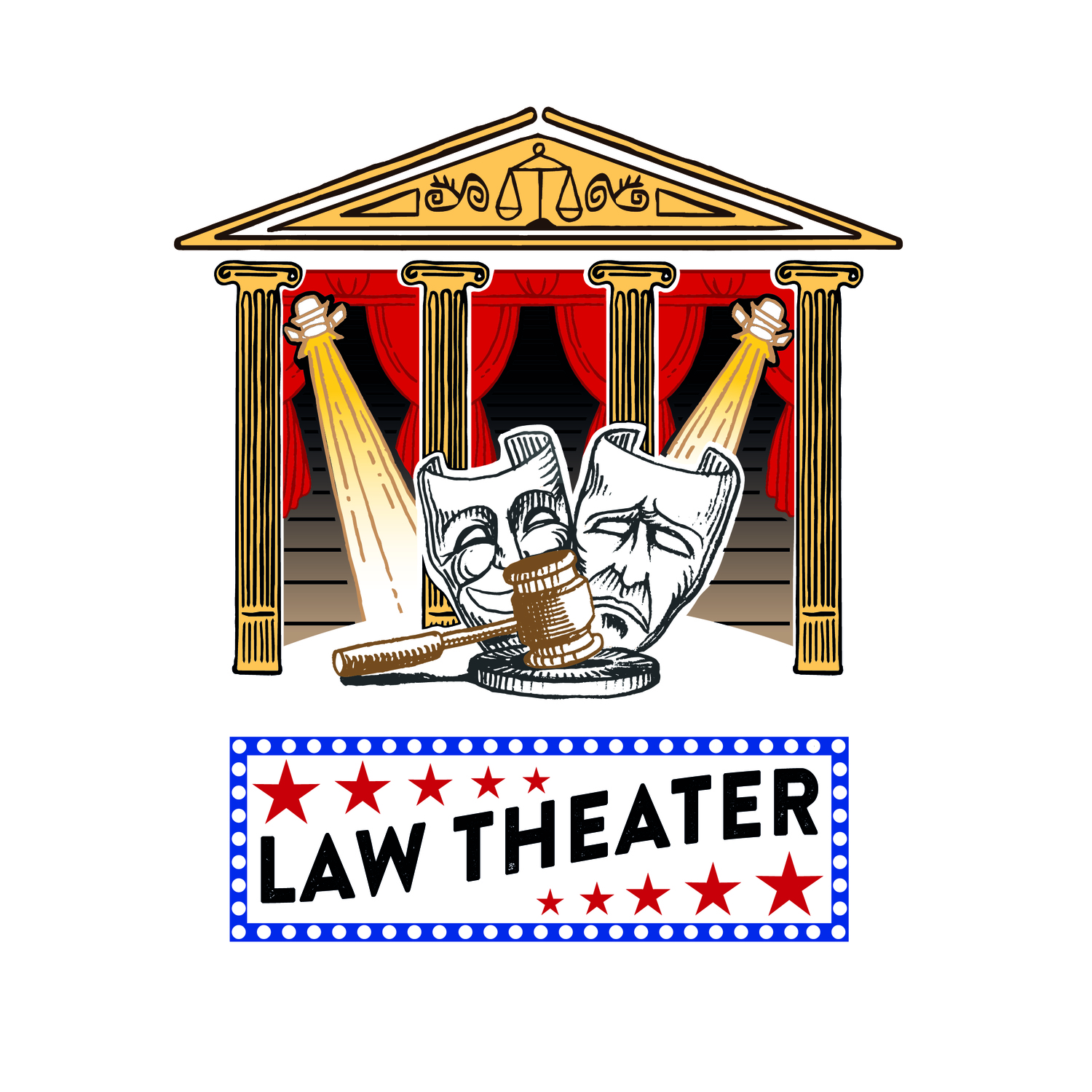HELLO, HELLO to you all, as we approach more and various holidays and the end of the year!
My Blog, this time, was inspired by a program I attended at the U.Penn Law School on 4 December 2015. The presentation concerned PTSD and its costs, particularly from the wars the U.S. has been fighting in Iraq and Afghanistan for the past twelve and fourteen years, respectively. . .
The lecture and panel discussion by experts reminded me of something Will Rogers once said, before he was killed in a plane crash in Alaska in 1935. He and his generation had lived through World War I, which was a senseless four years of carnage, causing more problems than it could ever have solved, settled, or prevented. We’re still living with many of those problems 100 years later. . . Right now we’re living through the exact Hundredth Memorial Anniversaries. . .
In his time, Will Rogers was a down-to-earth entertainer (film star, stand-up comedian, and radio star), lecturer, wise person, and “observer of the Passing Show.” His radio program in the 1930s was hugely popular, and he was revered by the U.S. Public, as a true hero with no pretensions. He was genuine and authentic, with a wry wit, sharp insights, and a wisdom not seen so much during our own time. His background included Cherokee and Anglo-Euro origins, and gave him deep insights into life in the U.S. and the world. . .
He once observed, “War is the only game where everyone loses. I don’t understand why we keep playing it. . . But maybe I wasn’t meant to. . .”
In his own, inimitable way, he was conveying wisdom, in a humble and self-effacing way. . .
While I was listening, first, to the lecture, concerning various psychological therapies, helpful or not in treating PTSD, among U.S. active military personnel and war veterans, his words came back to me, over and over. Two or three types of current therapies were more effective than others, we were told, with veterans experiencing better results than Active Duty personnel. . . Then, three other experts on a panel, with the original lecturer, discussed different perspectives on the problems involved. . . Interestingly, “costs” didn’t come up, a fact that the last questioner mentioned, as the session was ending. . .
I wrote down questions and reflections, during both segments, but I wasn’t able to raise them during Q&A.. . I decided they were worth sharing, nonetheless . . . I hope they don’t bore you too badly. . .
Here are some questions I jotted down:
Besides one or more “Traumatic Occurrences,” have Medical/ Natural/Social Sciences identified biological causative factors, leading to PTSD? Likewise, are there pre-appearance indicia that might make a person more susceptible to it? Have those Natural Sciences mapped the physical damage to a person’s body by PTSD (since we know that ordinary Stress causes such damage)?
Could it be that the therapies work better with veterans, than Active Duty personnel, since the latter have fears of further exposure to combat or dangerous situations?
What are the true differences between “Guilt” and “Shame?”
When several of the panelists mentioned Navy SEALs, Army Rangers, and Special Forces, I wondered if the “Alertness,” or sharpness, which those panelists seemed to believe protected those troops from being susceptible to PTSD, only submerged the stress experienced during military operations, would or could be overwhelmed in the future by a number of triggers, and would “wear out,” eventually. After all, these are human beings, who AGE, just like the rest of the species, just like all of us susceptible, fellow human beings?
Would the courts start to recognize military-related conditions, as defenses to violent offenses?
Could these considerations come into play, given what the statisticians call “statistically significant” numbers of former military, who are now civilian police? And would the submerged, thus untreated, conditions erupt, without warning?
Did Age play a role in PTSD patients?
These were only a few of the thoughts I had, as I listened. And with the damage caused to these people by PTSD, what would be the social and socio-economic costs, on many levels?. . .While some folks make money on wars, other folks, such as some veterans, cannot function in as socially productive ways as they once did. The social costs of “lost productivity,” are things that so-called economists discuss all the time. . .
How will Law be called upon to deal with these?
These are not nice, easy, bourgeois problems that can be solved and have “happy endings,” in all cases. But they are actual and real. You, personally, might be experiencing such problems, orknow someone, who’s dealing with them.
One form of therapy, which is still used, comes in various forms these days, and began as “Talk Therapy,” in the history of Psychiatry and Psychology. How this relates to our Project occurs to me in the following forms:
“Writing Therapy,” encouraging people to write about their experiences. This is NOT new. On the contrary, some very moving drama and literature has been and is based on such profound circumstances. Encouraging people to write plays about their experiences could help them to work through those and having these read and performed might also help. It would depend on each person’s case, as to whether this would work, since not all folks are up to facing and thinking about what they’ve lived through or faced.
“Performance Therapy,” which takes this, as noted, further. Seeing others act out what one has lived, can have a cathartic and therapeutic effect for some people. It could also help to reinforce the idea the author is not alone and could communalize situation. One hopes empathy and genuine sympathy would result.
Well, these were my thoughts, which I believe were worth sharing with you. . .
Be well, and take care of someone, whom you know. . .Till next time!
